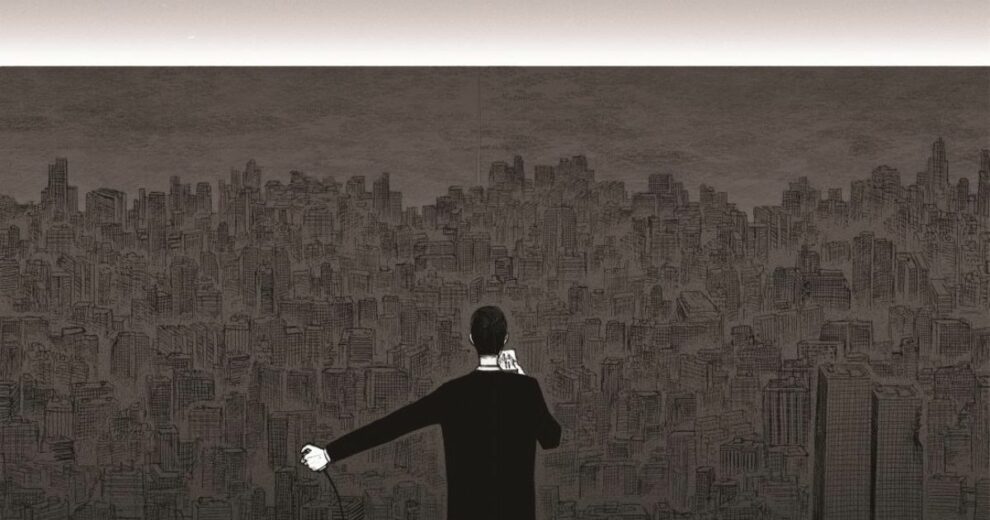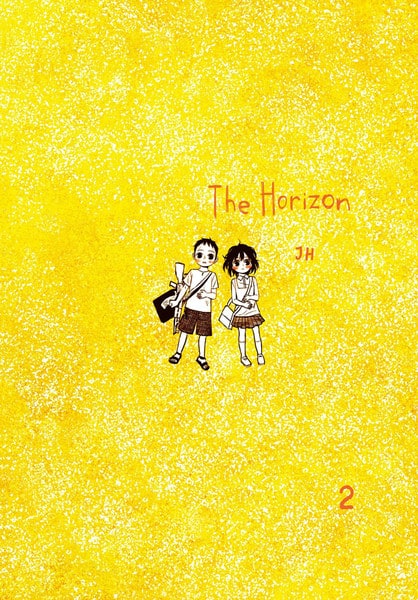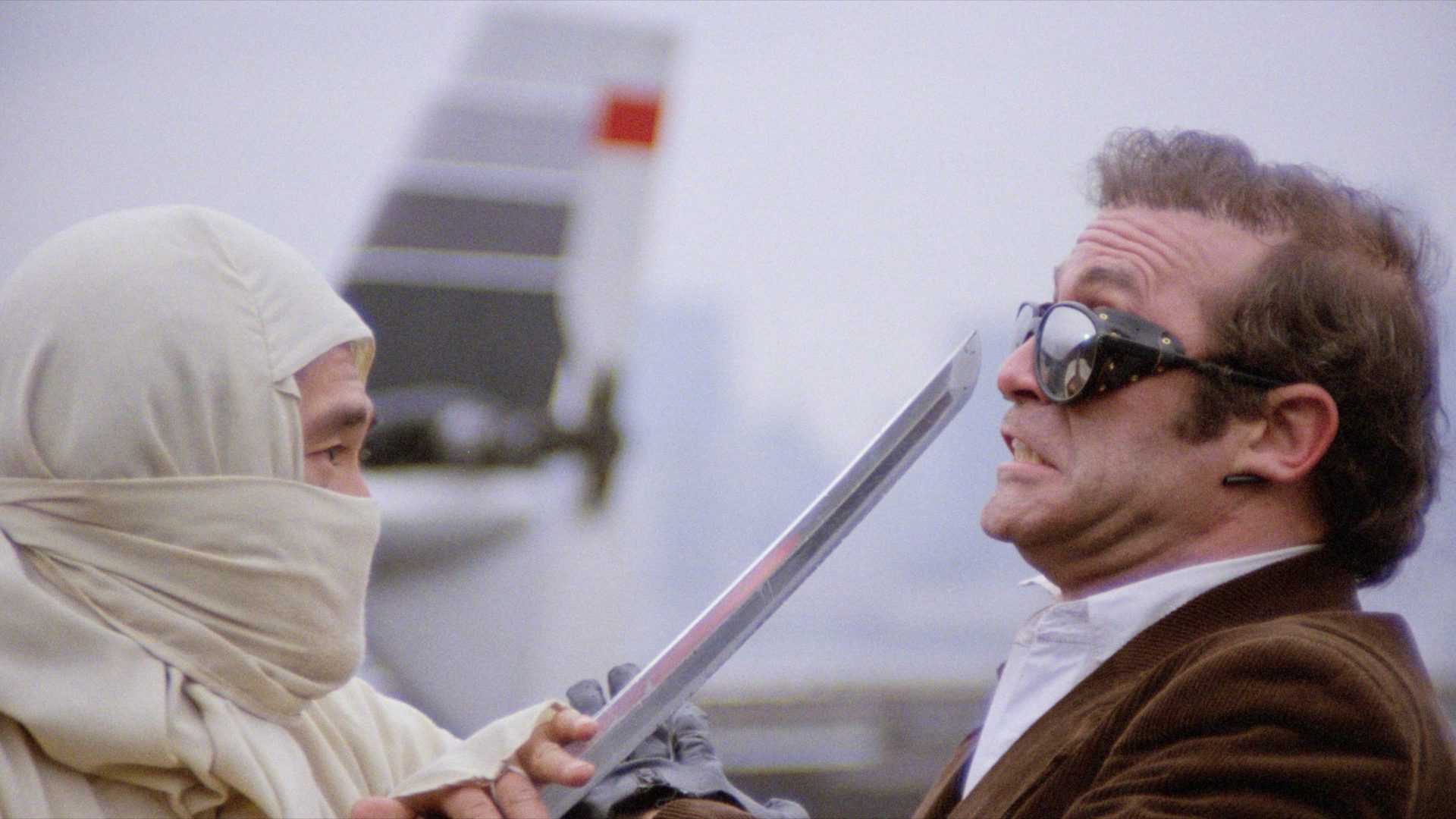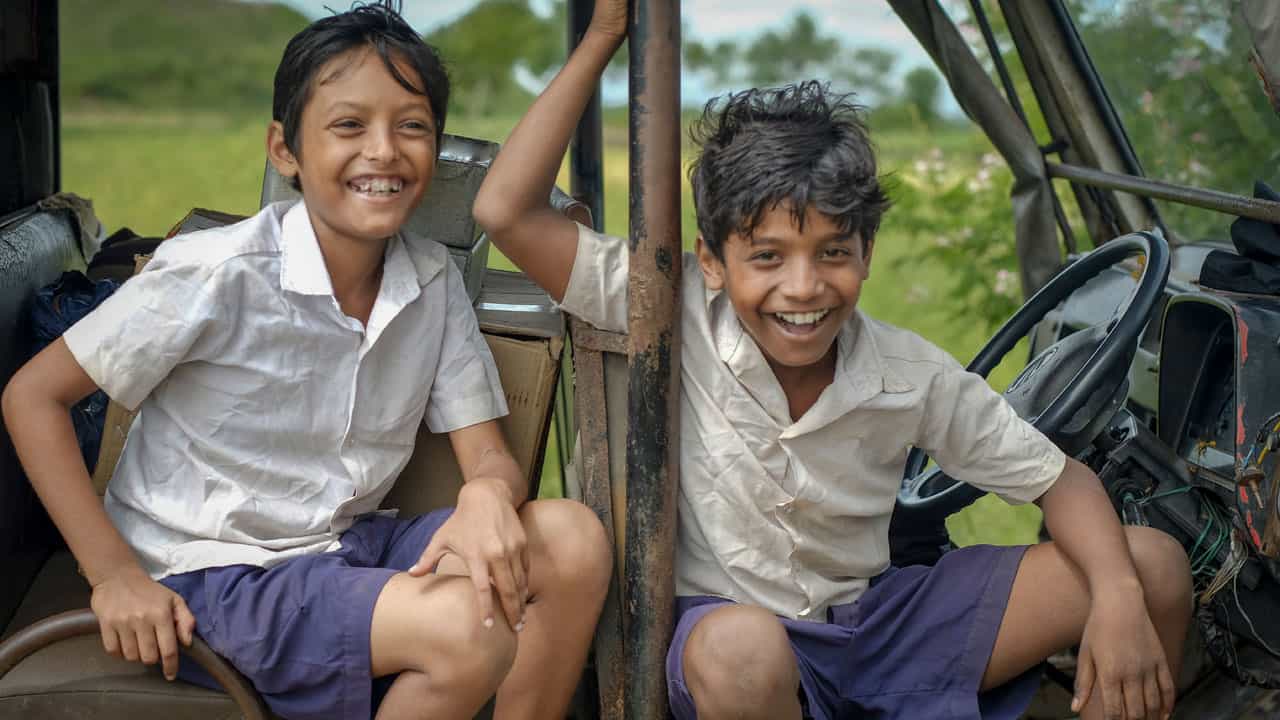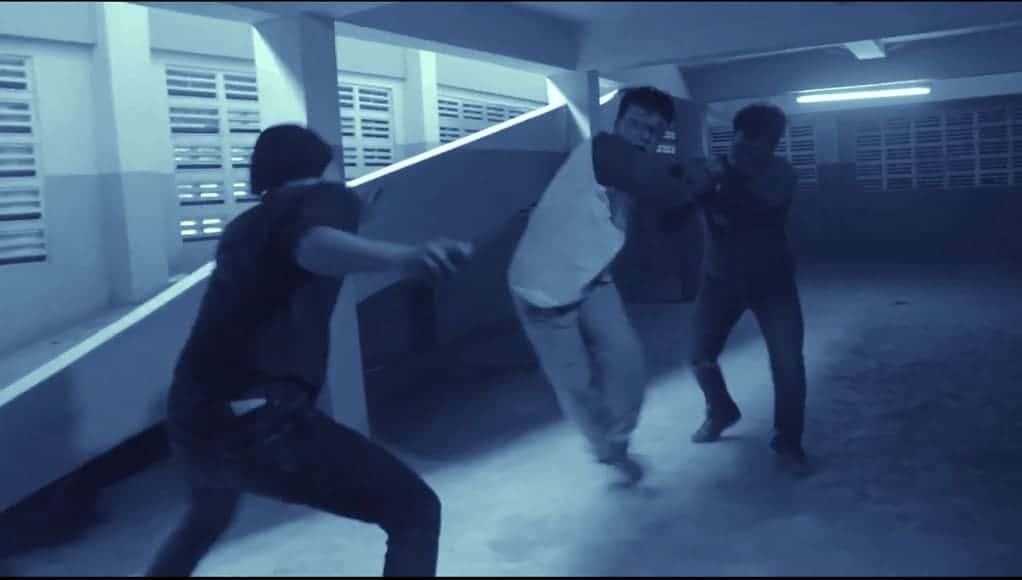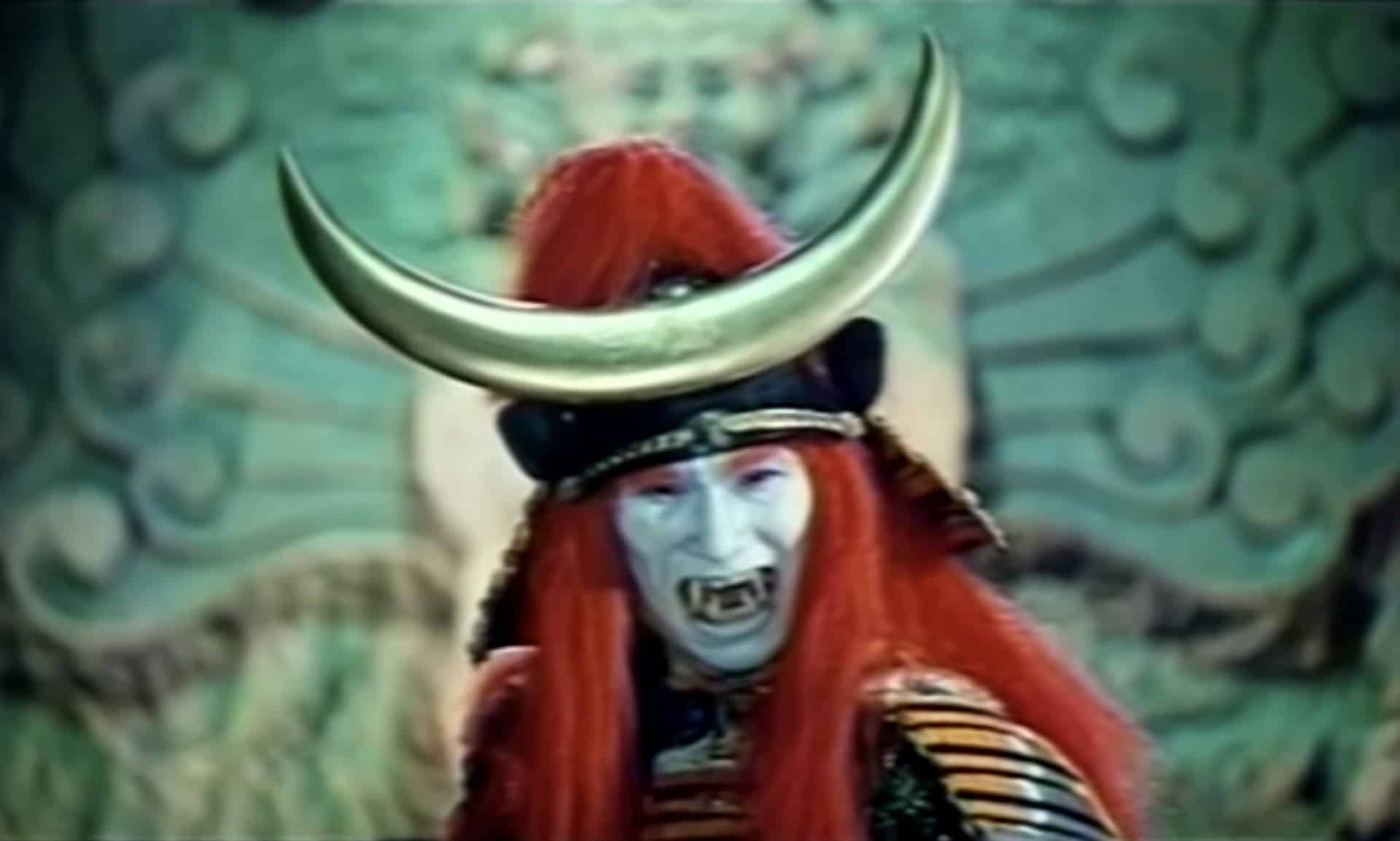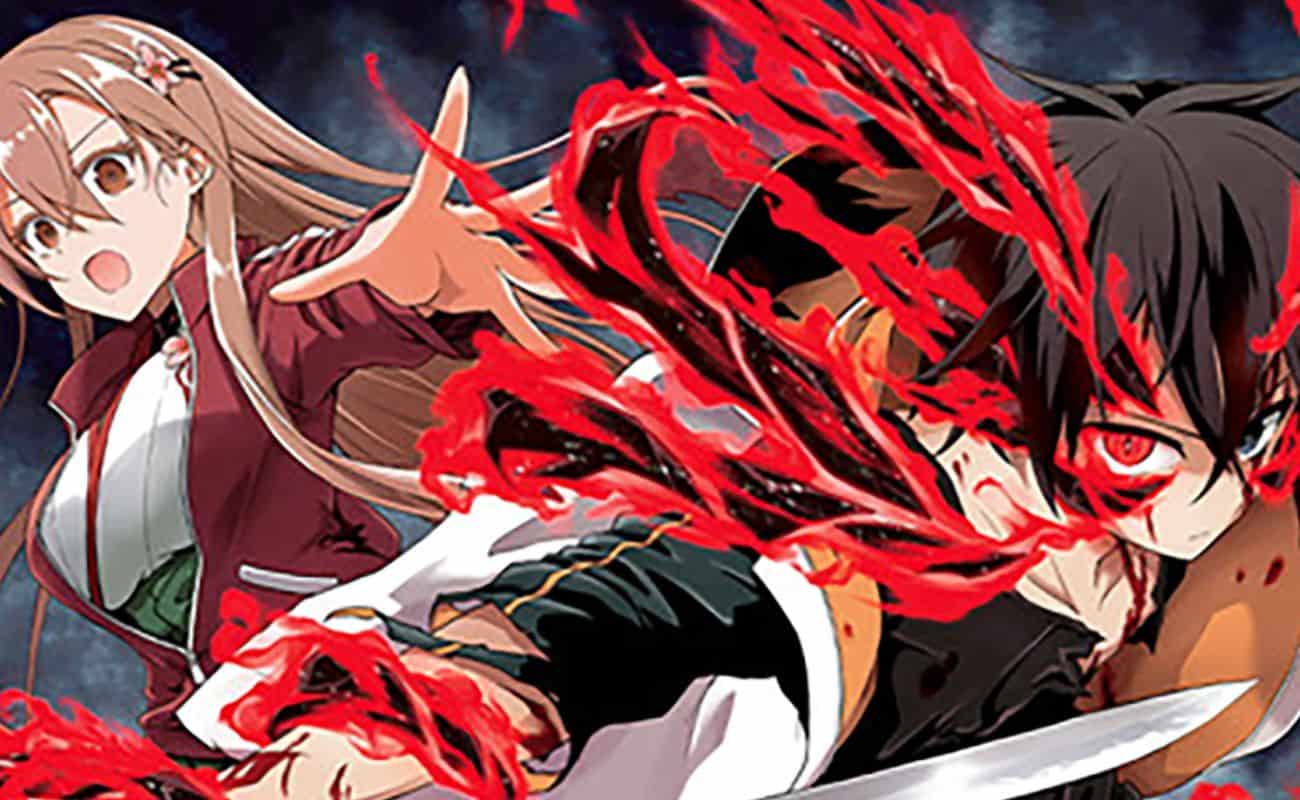“There is good, and there is bad, and there is something that lies between. From there, the girl and the boy must move forward. toward whatever the future holds. There is good, and there is bad, and there is something that lies between. From there, the girl and the boy must move forward. toward whatever the future holds.” (Ize Press)
A lot can be gleaned by approaching work that brutally conveys the harsh realities of existence, dwelling on those truths we often push aside to navigate life with optimism. Death, starvation, human-made cruelty, and having your existence forgotten with time are all feelings that can make us feel frighteningly insignificant. Thankfully, art has always acted as a way to explore such themes with a buffer, knowing that the story is that of fiction, or at least outside of our struggle with mortality. We can peak in, acknowledge, digest, and then choose to walk away. If you are lucky, you draw something from your reflections and realize that time is always fleeting, tragedy can always happen, and you must make the most of the day. JH's “The Horizon” is one such work of fiction that cuts into the potential cruelty of life in an equally devastating and inspiring way.
The first volume certainly held elements of this skill in storytelling, and the final book (yet to be published but released in WebToon format) is also poignant. Yet, the second volume has many of the most challenging panels to approach without evoking a strong emotional reaction. Notably, the second volume contains the backstory of the young girl and how she lost her family. The segment takes place on a small bus with a few survivors traveling together; each slowly succumbινγ to a disease with a gut wrenching final farewell before she eventually meets the young boy, her current companion. The lives of each on the bus, their last moments of reflection on their life to that point, and the death they face are devastating subjects to try to comprehend.
Comparatively, the book's opening, which focuses on a businessman overseeing a town and killing any mercenaries that wander in, deals with another aspect of human faults in extreme situations, the willingness to do anything to survive. Moreover, the opening chapters of the manhwa give the young boy a father figure, someone to learn the ropes of survival. This includes learning to shoot a gun, which is necessary for survival in a post-apocalyptic world. This chapter is, admittedly, less engaging than the tale of the last bus ride. Still, establishing a broader spectrum of what is happening in the world and shaping the young boy into a protector is necessary and brilliant foreshadowing.
JH has a stunning visual style that varies from project to project. Comparing his work in “The Boxer” to “The Horizon” garnered drastically different aesthetic results, with one utilizing frenetic action and defined characters to craft an exciting sports title. Conversely, there is a profound coldness to the visual style in “The Horizon,” with JH using dark space to relate feelings of isolation or the unknown. Specific panels within images are barely visible, and the anxiety or dread built around those vague images is impactful.
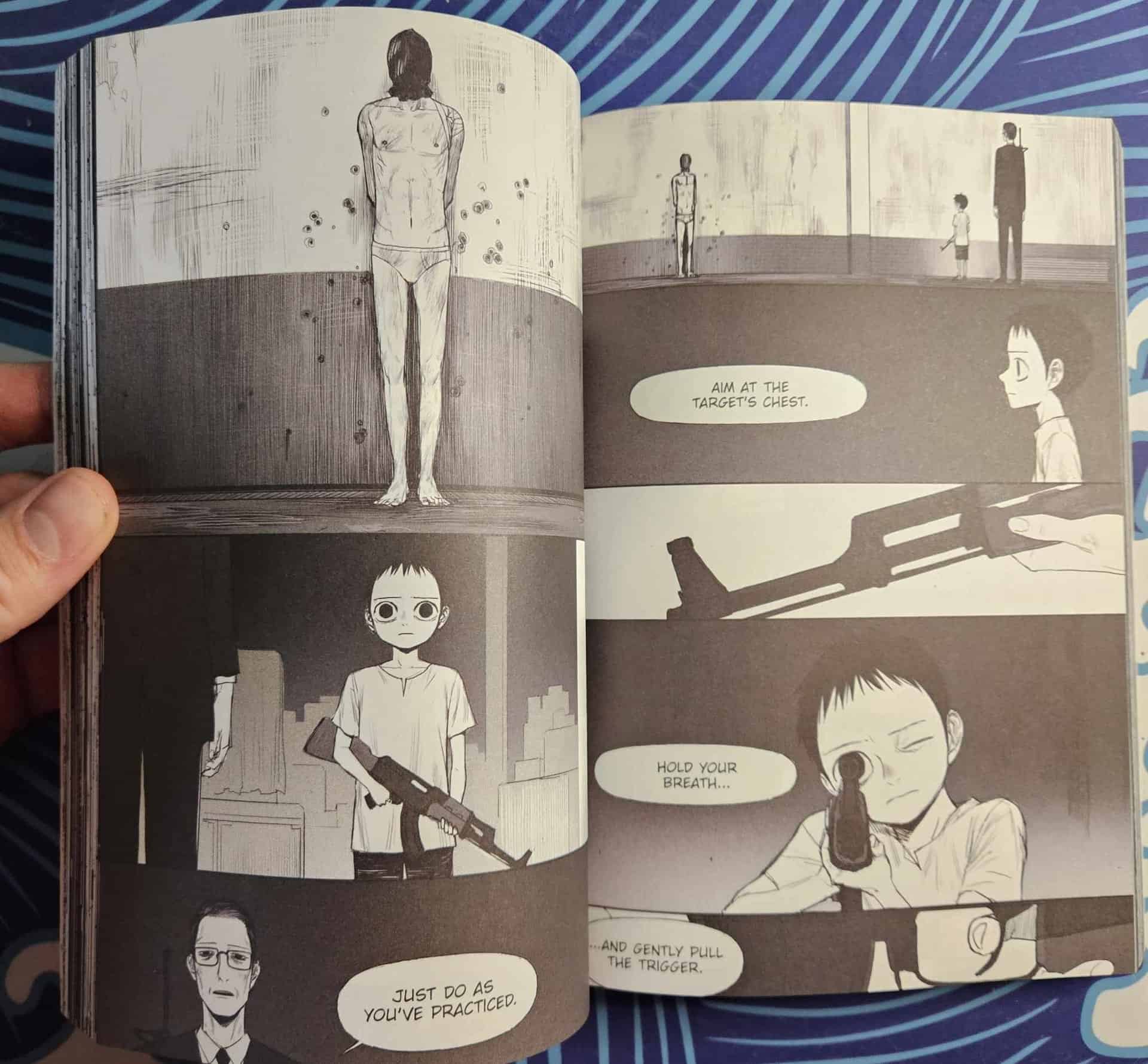
In addition to a sharp visual design, JH's panel work is sublime. This comes from a willingness to experiment with the flow of the story through the unique placement of panels, as well as letting silence flood the pages and draw the characters into the emotional reactions of the protagonists. However, the most prominent example of JH's command of the comic book medium is how he can have these moments crescendo into a tragic line of dialogue that draws the harsh realities of everything going on into a few brief words.
“The Horizon” is a masterpiece; it is one of those books that only comes by once in a while that manages to capture the profundity of life through the struggles of others in a way that is impactful to everyone and anyone. Regardless of whether you are primarily a fan of manga, manhwa, manhua, American comics, or European comics, work like this deserves to be experienced and celebrated.


